Discover Nairobi: Your Ultimate Guide to Traveler Essentials and Do's & Don'ts
Introduction
Nairobi, the vibrant capital of Kenya, is a city that effortlessly blends urban sophistication with stunning natural landscapes. It offers visitors a unique appeal with its dynamic culture, rich history, and incredible wildlife experiences. From the bustling markets of Maasai Market to the serene beauty of Nairobi National Park, there’s something for everyone in this thriving metropolis.
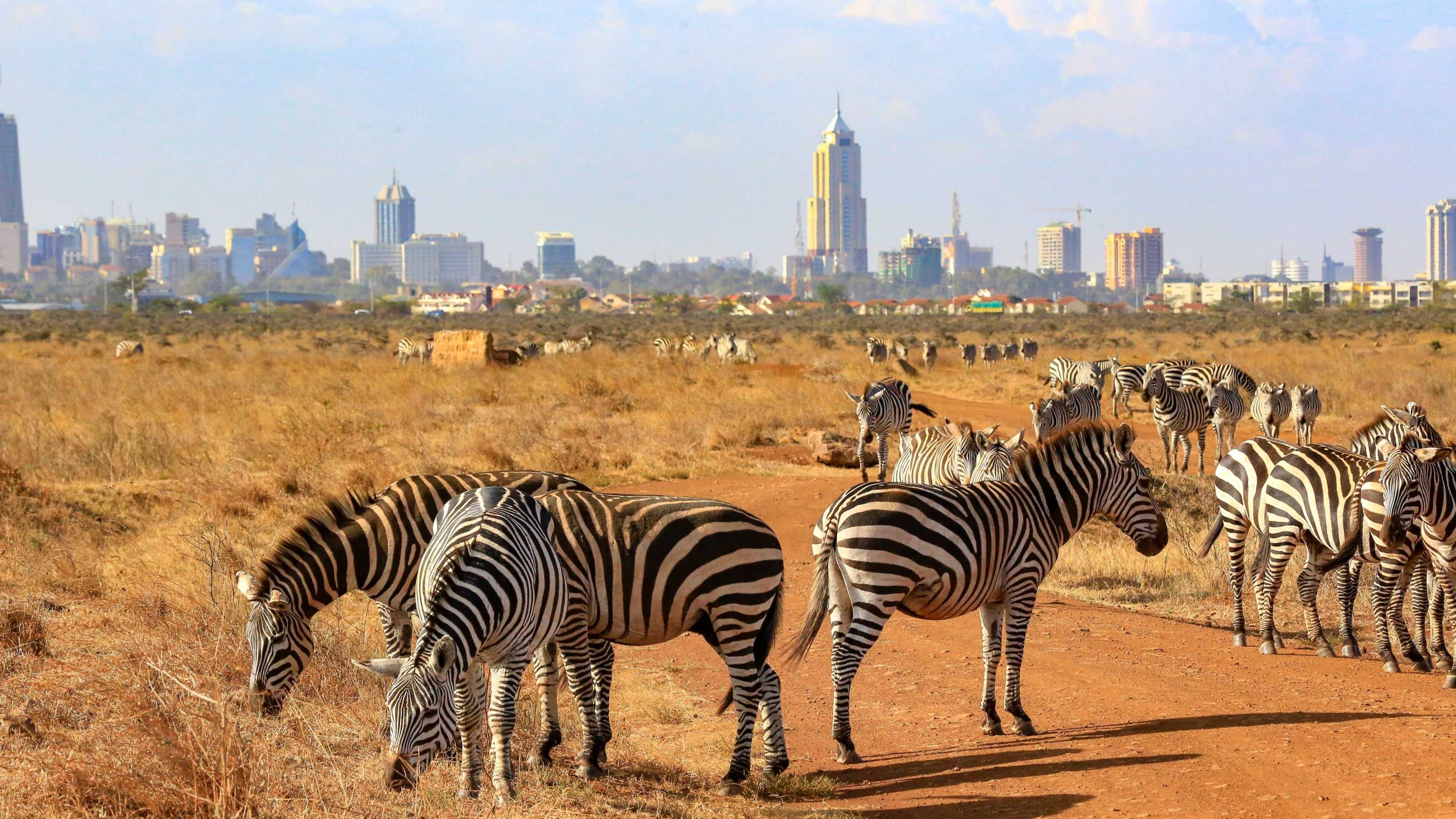
Language and Communication
The primary languages spoken in Nairobi are Swahili and English. Familiarizing yourself with some essential phrases can enhance your experience and help you connect with locals. Here are a few must-know phrases:
- Hello - Jambo
- Thank you - Asante
- How much? - Ni ngapi?
For communication, popular apps like WhatsApp and Signal are widely used, making it easy to stay connected with friends and share your adventures.
Currency and Financial Tips
The local currency in Nairobi is the Kenyan Shilling (KES). When exchanging money, it’s advisable to use official currency exchange bureaus or banks. Credit cards are accepted in hotels and larger shops, but cash is king in local markets. Mobile payment options like M-Pesa are also common and convenient.
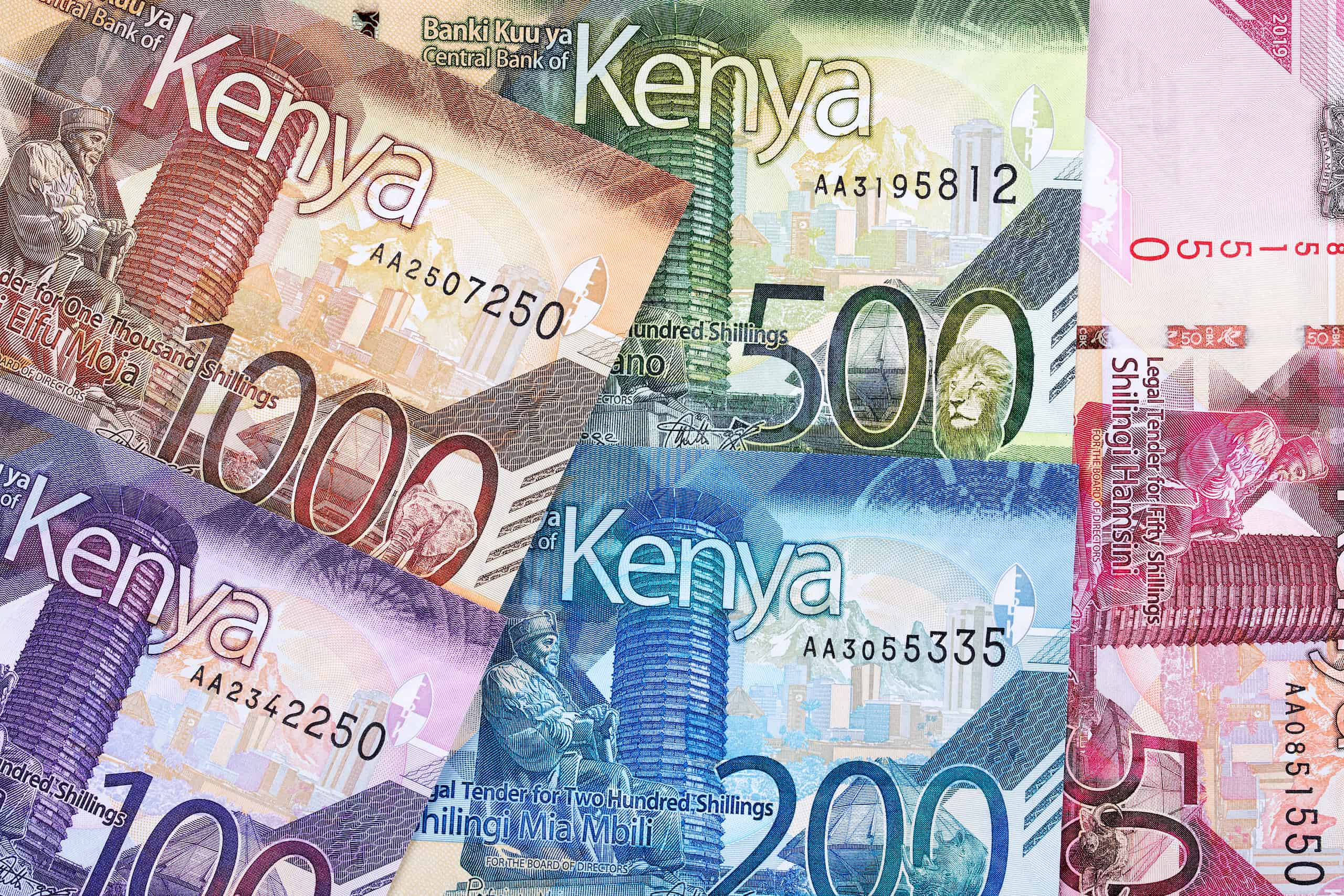
Weather & What to Wear
Nairobi has a temperate climate, with cooler months from June to August and the warmest months being January and February. Pack light, breathable clothing for the day and a jacket for the cooler evenings. The rainy seasons (April to May and November to December) require waterproof clothing and sturdy footwear.
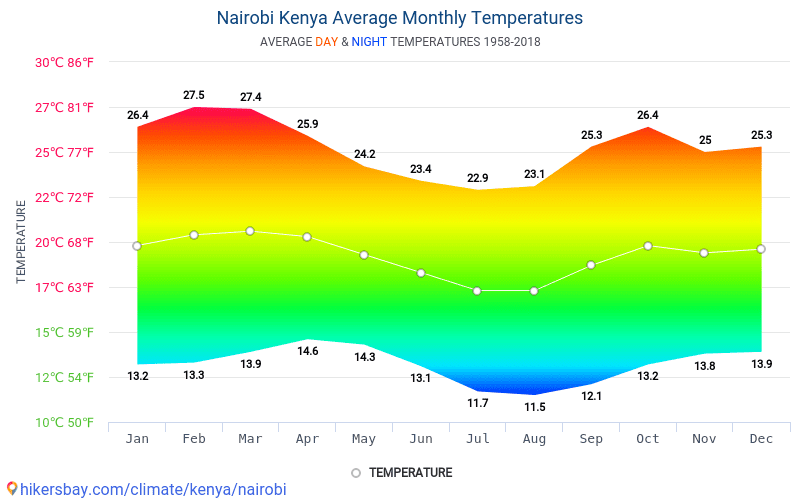
Charging & Electronic Adapters
Nairobi uses the British-style Type G electrical outlets (the three rectangular prongs). If you’re traveling from a region that uses different plugs, make sure to bring along a universal adapter. The voltage is typically 240V, so check your devices accordingly.
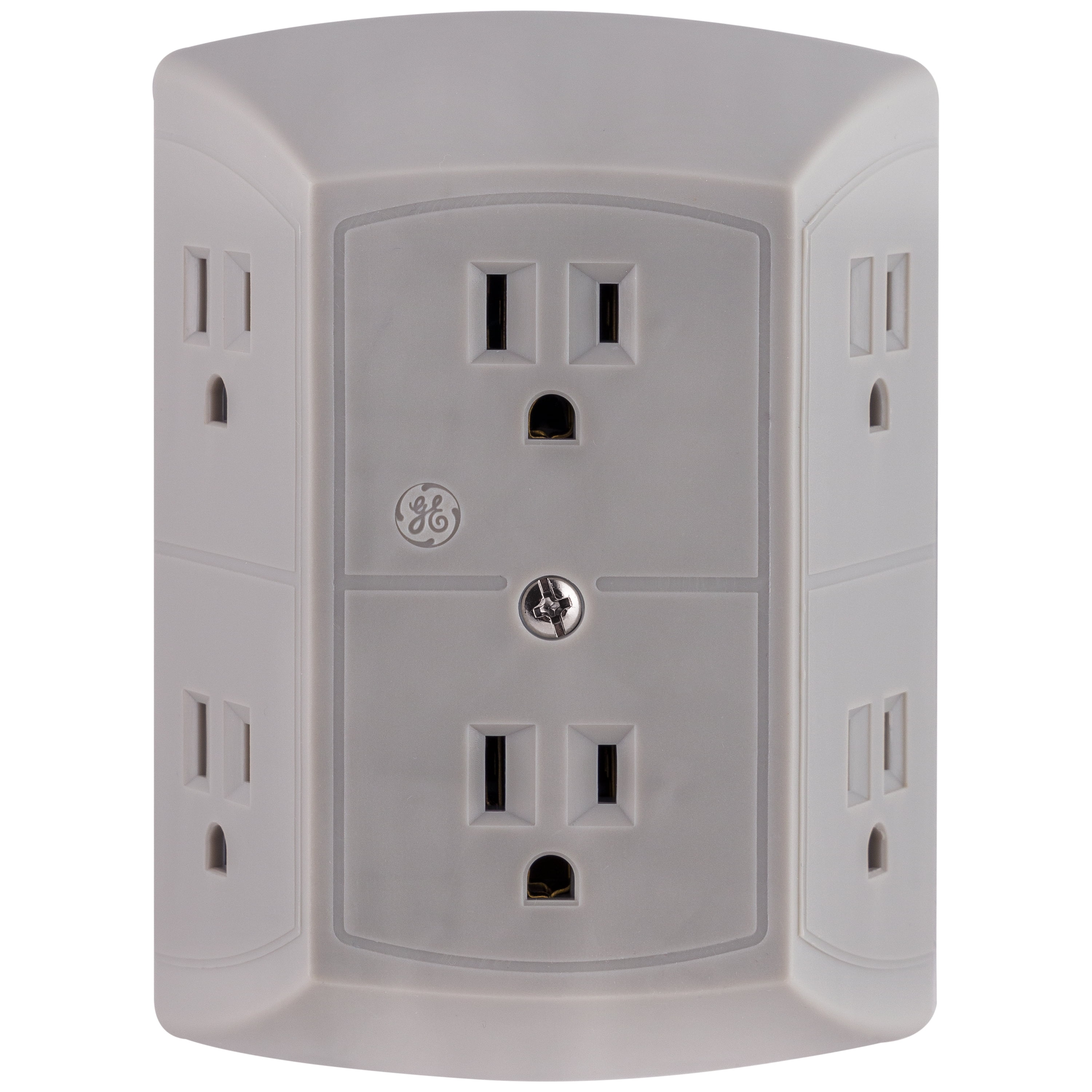
Health Considerations
It's crucial to protect your health while traveling. Recommended vaccinations include Hepatitis A, Typhoid, and Yellow Fever. Additionally, travelers are advised to take malaria prophylaxis. In case of emergencies, various hospitals provide medical assistance, including Nairobi Hospital and Aga Khan University Hospital.
Safety Tips
Nairobi, like any major city, has areas where caution is advised. Stick to well-lit streets at night, avoid displaying valuables, and use reputable transportation services. Overall, with basic awareness and common sense, tourists can enjoy a safe experience in the city.
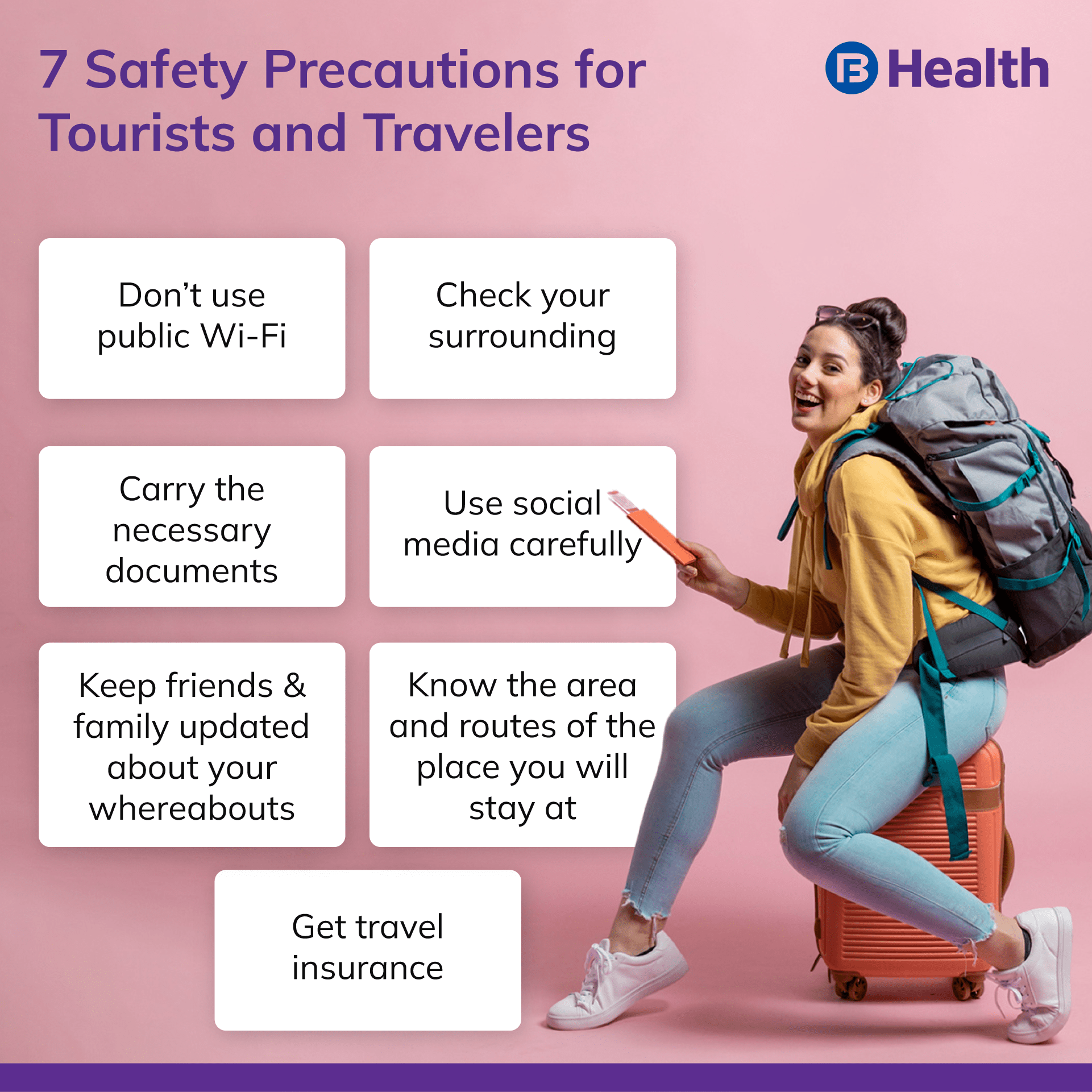
Transportation
Nairobi's public transport includes buses, matatus (minibuses), and the Nairobi Commuter Rail. Remember to negotiate fares beforehand if using taxis or matatus. Ride-sharing apps like Uber and Bolt are also widely available and incredibly convenient for getting around the city.
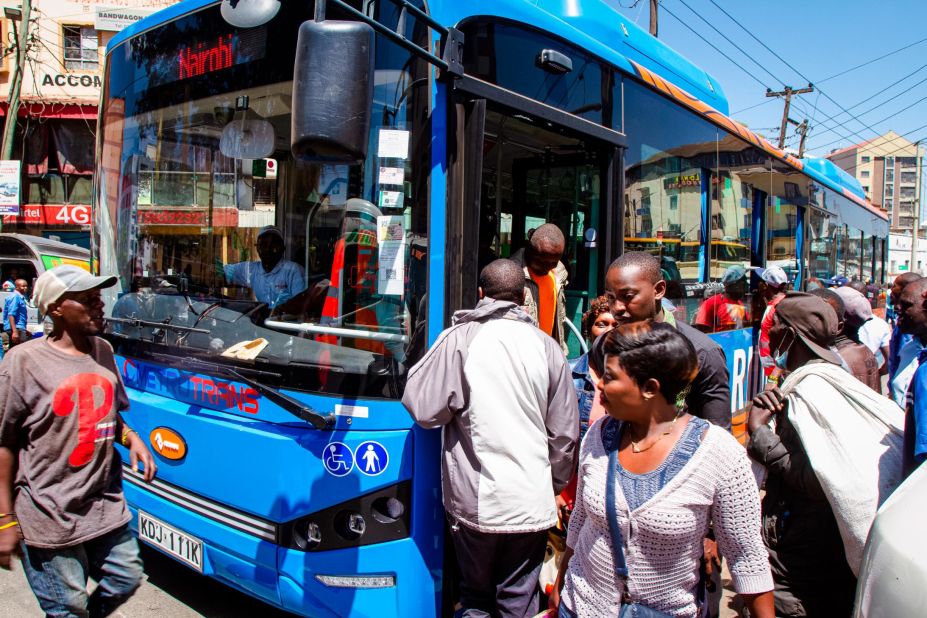
Tipping Culture
Tipping is appreciated in Nairobi but not mandatory. A 10-15% tip in restaurants is customary if service is not included in your bill. For taxis, rounding up to the nearest convenient amount is common practice.
Social Etiquette
Understanding local customs will enhance your experience. Greetings are important, so shake hands and make eye contact. It’s best to ask permission before taking photographs of people. Also, be respectful towards elders and observe traditional norms during any cultural events.

Conclusion
As you prepare for your journey to Nairobi, respecting local customs and being aware of the essentials will ensure you have an enriching experience. Enjoy the vibrant culture, lush landscapes, and warm hospitality of the city, and don't forget to check the latest travel advisories and health tips before your trip!


